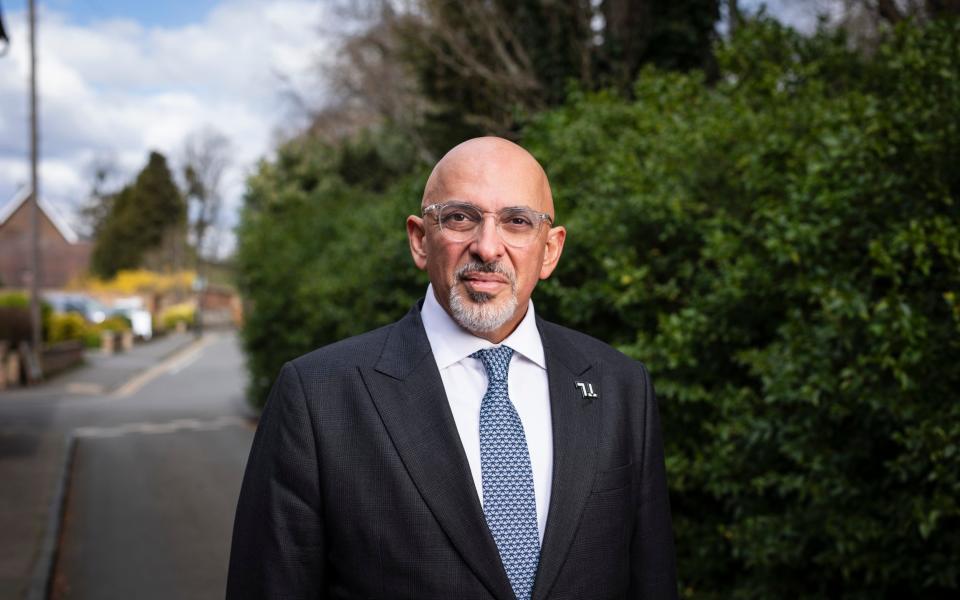Tories poised to torpedo unions after threat to bring country ‘to a standstill’

The Conservatives are threatening to launch a double-pronged attack against trade unions in an effort to break their stranglehold on the public.
Grant Shapps, the Transport Secretary, told The Telegraph that the Government was poised to draw up laws requiring minimum numbers of rail staff to work during a strike. The law would make any industrial action illegal if those levels were not met.
The intervention came as a ballot of 40,000 Rail, Maritime and Transport Workers (RMT) union members was due to close on Tuesday, with Mick Lynch, the body’s general secretary, having warned that a strike would “bring the country to a standstill”.
The Transport Salaried Staffs’ Association, which has vowed to coordinate with the RMT, has threatened the biggest disruption since the General Strike in 1926, over job cuts and pay freezes.

Separately, Nadhim Zahawi, the Education Secretary, is planning to loosen the grip of trade unions on schools.
Mr Zahawi is examining plans to bolster the rights of teachers who choose not to join unions. He wants to amend the Employment Relations Act to enshrine the rights of teachers to be accompanied to grievance and disciplinary meetings by an external lawyer or representative of a body other than a union.
Currently, the law only requires employers to allow staff to be joined by a trade union representative or colleague.
Government sources suggested that many teachers join unions simply to protect themselves in the event that they face allegations of abuse.
‘Financial life support’
The move, confirmed in a written parliamentary answer to Steve Baker MP, would reignite hostilities between the Government and teaching unions, following rows over the opening of schools during the Covid-19 pandemic.
Rail firms’ plans to minimise disruption in the event of a strike include freight trains being given priority over passenger services to head off potential food and fuel shortages.
Mr Shapps accused unions of treating strikes as a first rather than last resort. He said railways were already on “financial life support” because of the fall in their use as a result of the pandemic.
Citing a pledge in the Conservatives’ manifesto to “require that a minimum service operates during transport strikes”, Mr Shapps said: “We had a pledge in there about minimum service levels. If they really got to that point then minimum service levels would be a way to work towards protecting those freight routes and those sorts of things. We very much hope they will wake up and smell the coffee.”
Pushing ahead with a strike could put more members of the public off train travel altogether, Mr Shapps suggested.
‘National dispute’
A government source added: “The unions have got to tread carefully. If they do call people out in massive prolonged strikes… they will do enormous damage to their members’ jobs. Rail is now a choice, not a necessity.”
In an interview with this newspaper, Mr Lynch said he had “no doubt” that more RMT workers would vote for the strikes than against them, causing a “national dispute”.
A poll commissioned by Edapt, which provides legal support to teachers, suggested that support for teaching unions had reached a new low, with only 30 per cent of those surveyed satisfied with the support they get from their union.
The poll, by the Teacher Tapp app, of almost 7,000 teachers, found that 28 per cent would prefer not to be a member of a union if alternative support was available – up from 24 per cent in 2020.

 money
money 